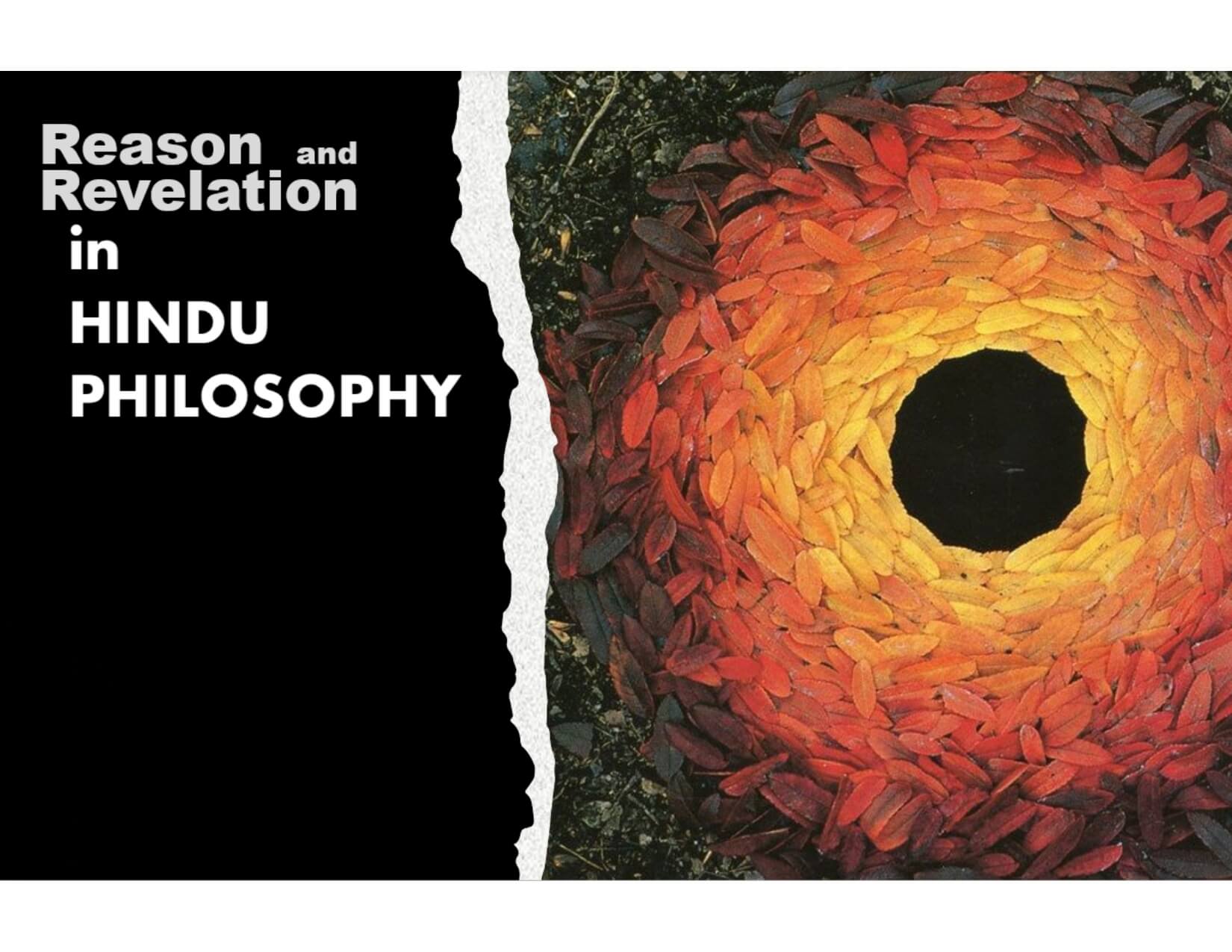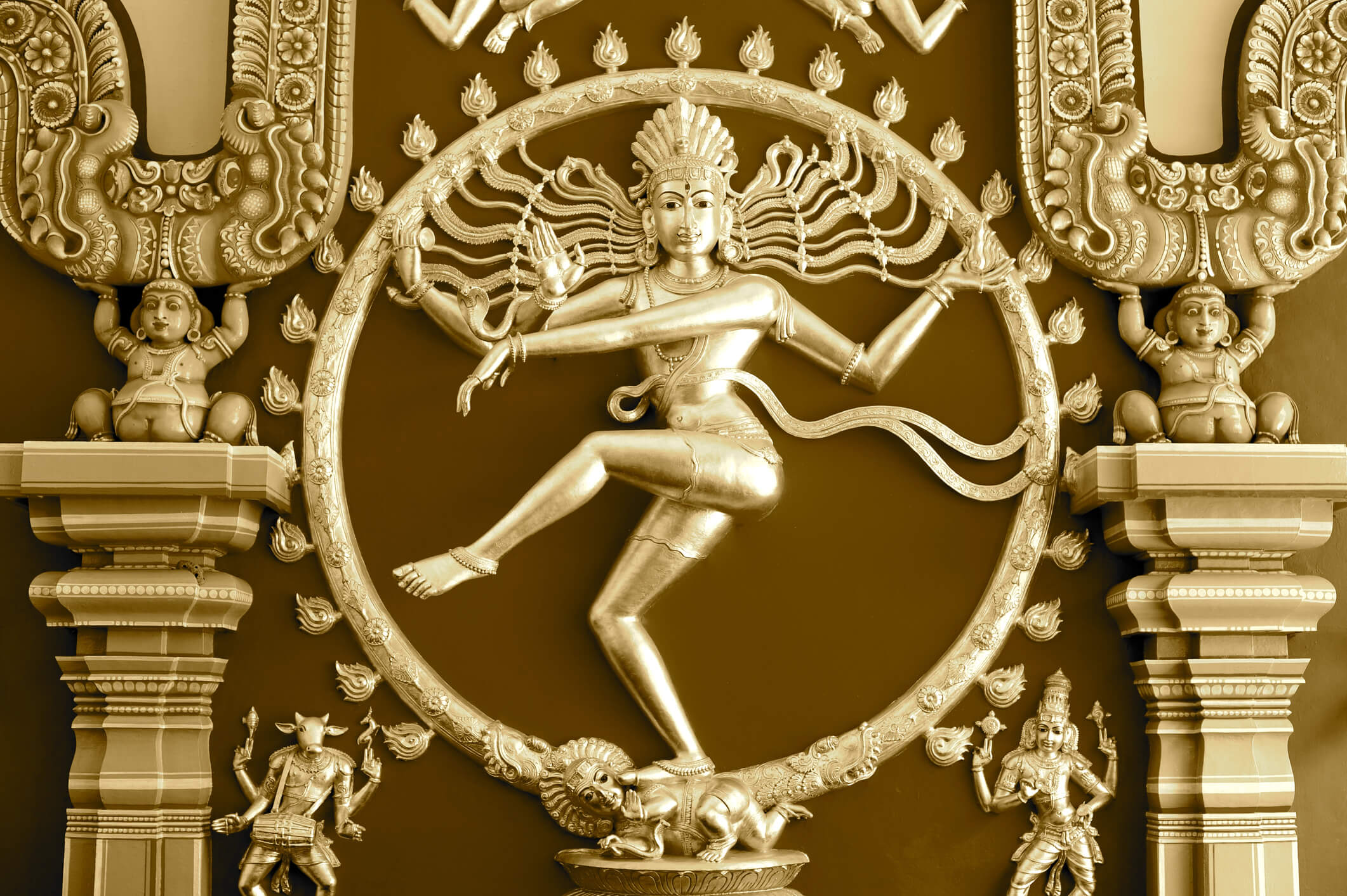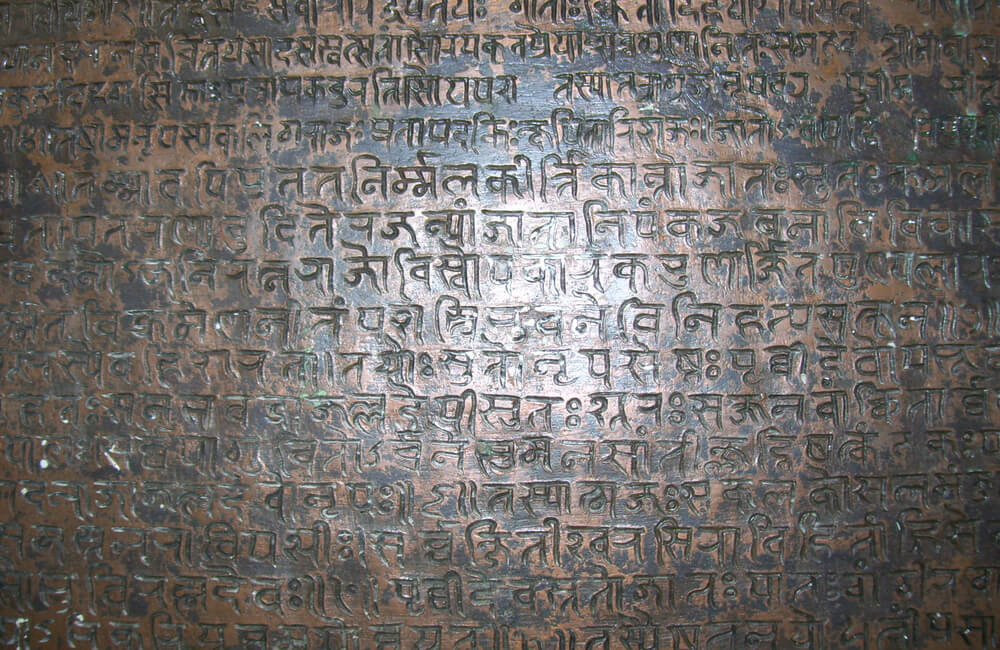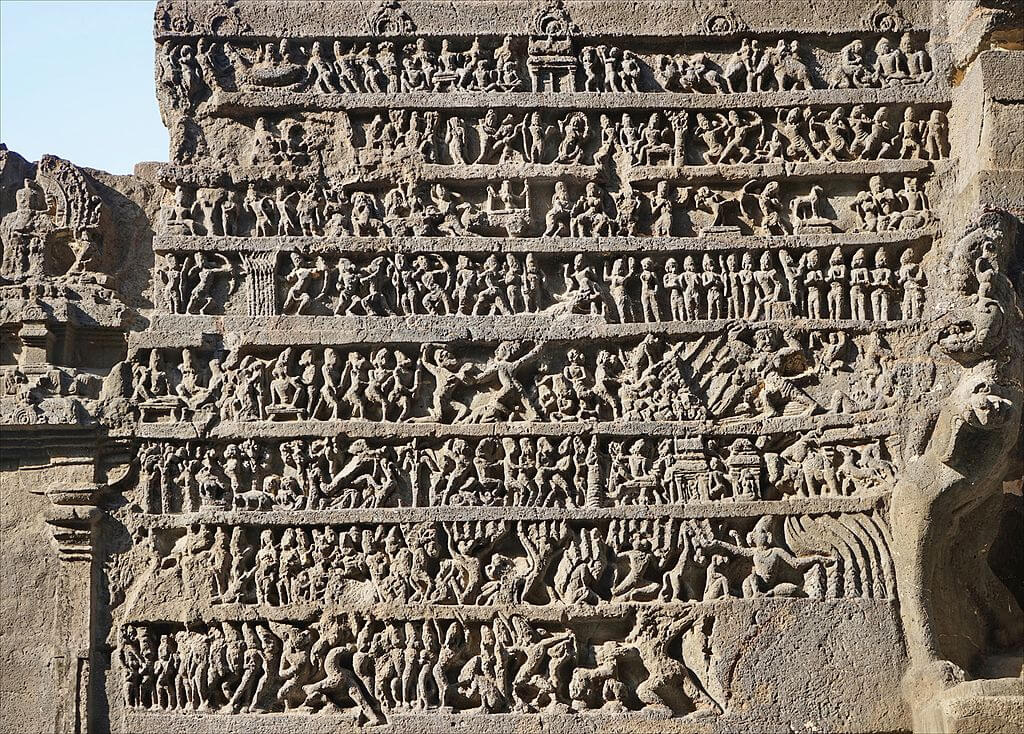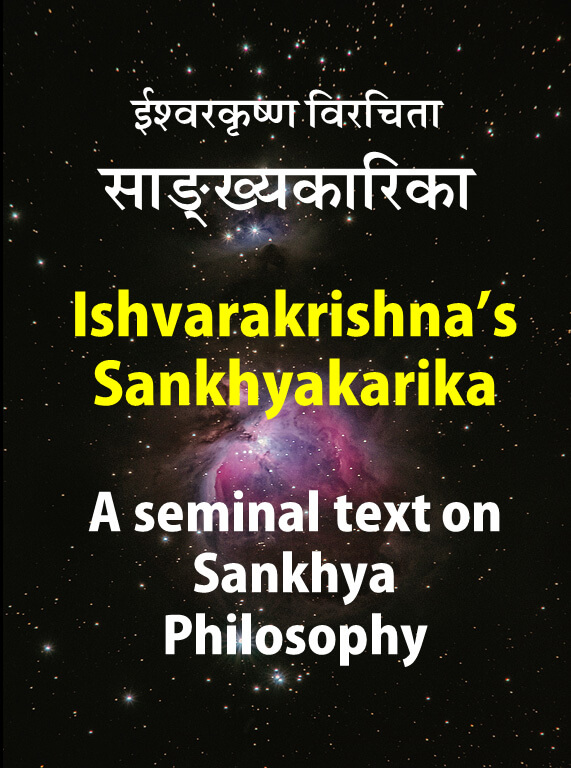Showing 193–208 of 277 results
-
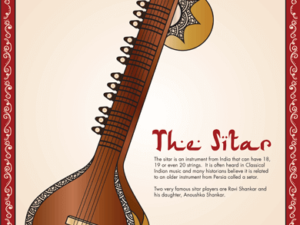
Ragas in Shastriya Sangeet and Modern Music
$200.00This course is currently unavailable for registration
Select options This product has multiple variants. The options may be chosen on the product pageRagas in Shastriya Sangeet and Modern Music
$200.00TAT3101 – (C.P.H.S – Elective Course) This course is the first in a 2-Course sequence in the Hindu Musical Traditions – Shastriya Sangeet. Hindu Musical Traditions (Shastriya Sangeet traditions) are ancient and diverse. This course takes students through a cultural immersion into the world of ragas and talas through guided listening experiences and a gentle orientation to the theory of ragas and talas. It also offers insight into Indian musical pedagogy and provides a nuanced understanding of the current state of Indian Art Music.This course will also look the enduring influence of Ragas on contemporary and film music and provide students with practical illustrations on pattern identification and appreciationQuick View -
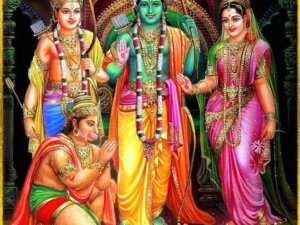
Ramayana for Excellence in Management and Leadership
$200.00This course is currently unavailable for registration
Select options This product has multiple variants. The options may be chosen on the product pageRamayana for Excellence in Management and Leadership
$200.00HSF3301 – (C.P.H.S – Elective Course) This course aims to introduce Srimad Ramayana as an important literature in teaching and learning excellence in management and leadership. We live in a world that is increasingly volatile, uncertain, complex, and ambiguous (VUCA). In this course, we will explore the lessons from the seven books (or Kandas) of the Ramayana and the great characters can teach us about management and leadership.
Quick View -

Ramayana for Excellence in Management and Leadership
$200.00This course is currently unavailable for registration
Select options This product has multiple variants. The options may be chosen on the product pageRamayana for Excellence in Management and Leadership
$200.00HSF3301 – (C.P.H.S – Elective Course) This course aims to introduce Srimad Ramayana as an important literature in teaching and learning excellence in management and leadership. We live in a world that is increasingly volatile, uncertain, complex, and ambiguous (VUCA). In this course, we will explore the lessons from the seven books (or Kandas) of the Ramayana and the great characters can teach us about management and leadership.
Quick View -

Readings in Modern Hinduism
$1,500.00In stock
Select options This product has multiple variants. The options may be chosen on the product pageReadings in Modern Hinduism
$1,500.00HAM6403 – Who were the thinkers and architects of modern India? How did their views of Hinduism and of the history of Indian civilization shape their vision of the reality of post-Independence India? What projects of reform, modernization, or social change did they set in motion? In this course, we shall read extracts from the works of thinkers who articulated the concept of a “Hindu” religion, often in dialogue with Western scholars and missionaries.
We shall particularly focus on the role of an English-speaking elite in this process, especially those active in the major reform movements, Brahmo Samaj, Prarthana Samaj, and Arya Samaj. Throughout, we shall contrast traditional modes of self-relation, guided by ethical reflection and individual self-discipline (askesis), with modern views of Hinduism, including its cultural, nationalistic, and assimilated expressions.
Quick View -

Readings in Western Philosophy
$1,500.00In stock
Select options This product has multiple variants. The options may be chosen on the product pageReadings in Western Philosophy
$1,500.00HAM7405 – How can we know anything? What is the relationship of knowledge to the soul? Does the state of the soul affect what it knows? In this course, we will trace the various understandings of the soul’s relationship to knowledge through some of the classics of Western thought. We will begin with the pre-Socratic philosophers, and then look at Plato’s theory of the soul and of knowledge. We will then consider Aristotle’s classification of the intellectual virtues, and why he thought “theology” was the highest science.
After a brief look at Augustine’s attempt to harness Greek philosophy to Christianity, we will see how this project falls apart in modernity and knowledge is instead founded on the certitude of the subject in Descartes. The course concludes with a look at Kant’s “critical” project of setting boundaries to human reason and at the attempt to overcome those boundaries in the various “systems” of German Idealism, most notably by Hegel.
Quick View -
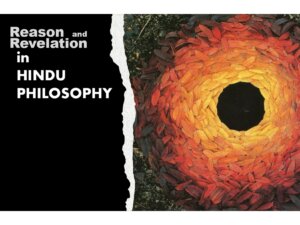
Reason and Revelation in Hindu Philosophy
This course is currently unavailable for registration
Read moreReason and Revelation in Hindu Philosophy
HSF6006 – This course provides an in-depth exploration of the meaning and status of “revelation” in Judaism, Christianity, and Hinduism. What constitutes “revelation”? What are its chief contents? What is the relationship of revelation to ethics, faith, reason, and human life? Throughout the course, relevant texts from the Indian revelation (śruti) will be presented, and the two distinct notions of revelation will be compared. Concepts such as dharma, mīmāṃsā, and the relation of revelation to valid forms of knowledge and reason will be presented.
Quick View -

Reconstructing Hindu History – The Commissions
$300.00This course is currently unavailable for registration
Select options This product has multiple variants. The options may be chosen on the product pageReconstructing Hindu History – The Commissions
$300.00HAM4201 – (C.P.H.S – Core Course) This course is the first of a two-quarter course sequence that examines the scientific evidence emerging in contemporary times, in relation to the popular narratives on the history of the Hindu civilization, logically and rationally. The deep history of India is the history of the Hindu civilization, starting from ancient Indian prehistory.
We use the term “Hindu” in a rich multi-dimensional context, inclusive of varied geographical, genetic, linguistic, cultural, and philosophical meanings. The primary focus of this course is to examine the best evidence available for the origins of the Hindus, in relation to the Aryan Invasion/ Migration theories that have become canonical to the outsider’s narrative of Indian history.
Quick View -

Reconstructing Hindu History – The Omissions
$300.00This course is currently unavailable for registration
Read moreReconstructing Hindu History – The Omissions
$300.00HAM4202 – (C.P.H.S – Core Course) This course is the second of a two-quarter course sequence that examines the scientific evidence emerging in contemporary times, in relation to the popular narratives on the history of the Hindu civilization, logically and rationally. Deep history of India is the history of the Hindu civilization, starting from ancient Indian prehistory. We use the term “Hindu” in a rich multi-dimensional context, inclusive of varied geographical, genetic, linguistic, cultural, and philosophical meanings. The primary focus of this course is to examine the best evidence available for what is normally omitted from the historical narratives about Hinduism and India, in most school and college textbooks.
This course is currently unavailable for registration
Quick View -

Research and Writing
$1,500.00In stock
Select options This product has multiple variants. The options may be chosen on the product pageResearch and Writing
$1,500.00HSF7000 – This course covers the fundamentals of academic research and writing. A prerequisite for beginning graduate study, it is recommended for all students who wish to express themselves more fluently.
Quick View -

Research and Writing Preparatory Seminar
$900.00In stock
Select options This product has multiple variants. The options may be chosen on the product pageResearch and Writing Preparatory Seminar
$900.00This introductory seminar introduces students to the fundamentals of academic research and writing. A prerequisite for beginning graduate study, it is recommended for all students who wish to express themselves more fluently. This course will break down the writing process. It will teach students how to write simple, cogent papers at first and how to progressively improve their research, précis-writing, and annotation skills so as to sustain more complex and nuanced arguments.
In addition to the basic elements of style, we shall also learn the formal aspects of academic writing: how to correctly quote and cite sources, how to collect and referee previous scholarship, how to edit one’s own work, and how to incorporate existing research into one’s writing.
Quick View -

Sahitya – III
$900.00In stock
Select options This product has multiple variants. The options may be chosen on the product pageSahitya – III
$900.00(SAN7103) – In the Hindu literary tradition, literary compositions inculcate awareness and sensibility of Dharma in the minds of both the commoner and the connoisseur. As with all śāstras in the Indic knowledge traditions, kāvya and kāvya-śāstra, i.e. literary composition and the theory of composition have a well instituted and standardized methodology, structure and system. This is the third course in a sequence of four courses in Sāhitya – Classical Sanskrit literature.
In India, Sanskrit drama was a living tradition of performance that connected classical literature to the public. The theories of drama are sensitive to this aspect and provide in detail and depth, in addition to literary theories, guidelines for the infrastructure, stage-plan, attire, and countenance of the actors, etc. The psychological elements that influence the audience and methods to bring the desired sentiment in the performance are also discussed.
Prerequisites:
1) The medium of Instruction is Sanskrit
2) Only currently enrolled Sanskrit master’s certificate students can register for these courses.
3) Admission into Master Program in Sanskrit.
4) Completed previous MA Sanskrit Course if applicable
Quick View -
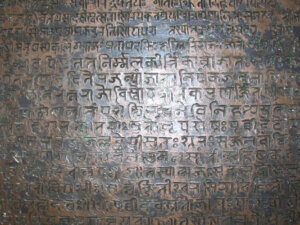
Sahitya – IV
$900.00In stock
Select options This product has multiple variants. The options may be chosen on the product pageSahitya – IV
$900.00(SAN8103) – This course explores the features of prose and campū literature in Sanskrit and provides an illustration of each of the two types. The course also introduces the dialectics and critical analysis that the theorists of Sanskrit literature engaged in.
Prerequisites:
1) The medium of Instruction is Sanskrit
2)Only currently enrolled Sanskrit master’s certificate students can register for these courses.
3) Admission into Master Program in Sanskrit .
4) Completed previous MA Sanskrit Course
Quick View -
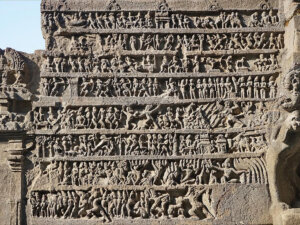
Sahitya – Padya
$900.00In stock
Select options This product has multiple variants. The options may be chosen on the product pageSahitya – Padya
$900.00(SAN6103) – In the Hindu literary tradition, literary compositions inculcate awareness and sensibility of Dharma in the minds of both the commoner and the connoisseur. As with all śāstras in the Indic knowledge traditions, kāvya and kāvya-śāstra, i.e. literary composition and the theory of composition have a well instituted and standardized methodology, structure and system.
This is the second course in a sequence of four courses in Sāhitya – Classical Sanskrit literature which features an abundance of compositions of metrical verses rather than prose. Consequently, the theories of composition discuss the elements and standards of poetry in great depth and shape the ideas of aesthetics in the Indic literary world.
Prerequisites:
1) The medium of Instruction is Sanskrit
2) Only currently enrolled Sanskrit master’s certificate students can register for these courses. (MIT-SVS)
3) Admission into Master Program in Sanskrit through MIT-SVS
4) Completed previous MA Sanskrit Course
Quick View -

Sahitya Landscape
$900.00In stock
Select options This product has multiple variants. The options may be chosen on the product pageSahitya Landscape
$900.00(SAN5103) – In the Hindu literary tradition, literary compositions inculcate awareness and sensibility of Dharma in the minds of both the commoner and the connoisseur. As with all śāstras in the Indic knowledge traditions, kāvya and kāvya-śāstra, i.e. literary composition and the theory of composition have a well instituted and standardized methodology, structure and system.
This is the first course in a sequence of four courses that together provide a systematic exploration of specific theories of Sanskrit literary composition and illustrations of works of literature that bring those theories to life.
Prerequisites:
1) The medium of Instruction is Sanskrit
2) Only currently enrolled Sanskrit master’s certificate students can register for these courses.
3) Admission into Master Program in Sanskrit.
4) Completed previous MA Sanskrit Course
Note: A late payment fee of $200 will be charged for registrations submitted after July 7, 2022
Quick View -
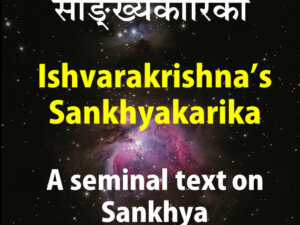
Sankhya Darshana through the Sankhya Karika – Part 1
$250.00This course is currently unavailable for registration
Select options This product has multiple variants. The options may be chosen on the product pageSankhya Darshana through the Sankhya Karika – Part 1
$250.00TAT3201 – (C.P.H.S – Elective Course) This Course is the first of a two-part course series presenting an in-depth exploration of Sankhya Darshana (Philosophy) based on the Sanskrit text ‘Sankhya Karika’ of Ishvara Krishna. It is a short and succinct text of only 72 Karikas i.e., short explanatory verses on Rishi Kapila’s Sankhya Darshana. An understanding of the principles of Sankhya philosophy is extremely important to acquire a firm grounding in other Sanskrit texts such as the Bhagavad Gita, and the other Vedic philosophical systems such as Yoga and Vedanta.
Quick View -

Sankhya Darshana through the Sankhya Karika – Part 2
$250.00In stock
Select options This product has multiple variants. The options may be chosen on the product pageSankhya Darshana through the Sankhya Karika – Part 2
$250.00TAT3202 – (C.P.H.S – Elective Course) This Course is the Second of a two-part course series presenting an in-depth exploration of Sankhya Darshana (Philosophy) based on the Sanskrit text ‘Sankhya Karika’ of Ishvara Krishna. It is a short and succinct text of only 72 Karikas i.e., short explanatory verses on Rishi Kapila’s Sankhya Darshana. An understanding of the principles of Sankhya philosophy is extremely important to acquire a firm grounding in other Sanskrit texts such as the Bhagavad Gita, and the other Vedic philosophical systems such as Yoga and Vedanta.
Quick View














